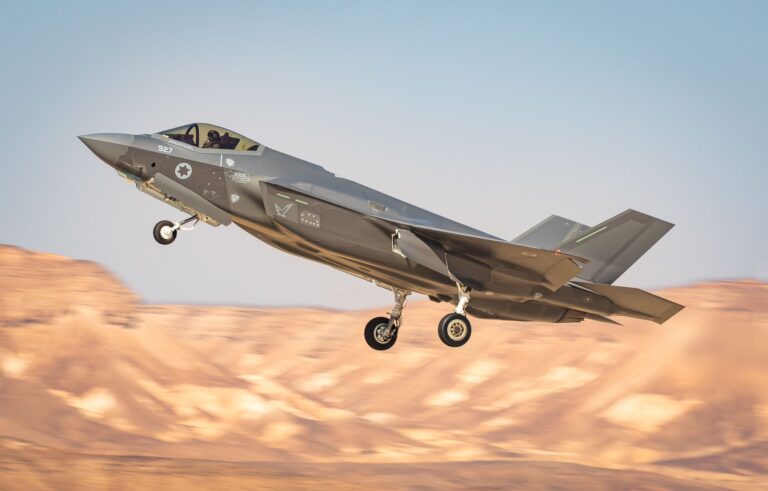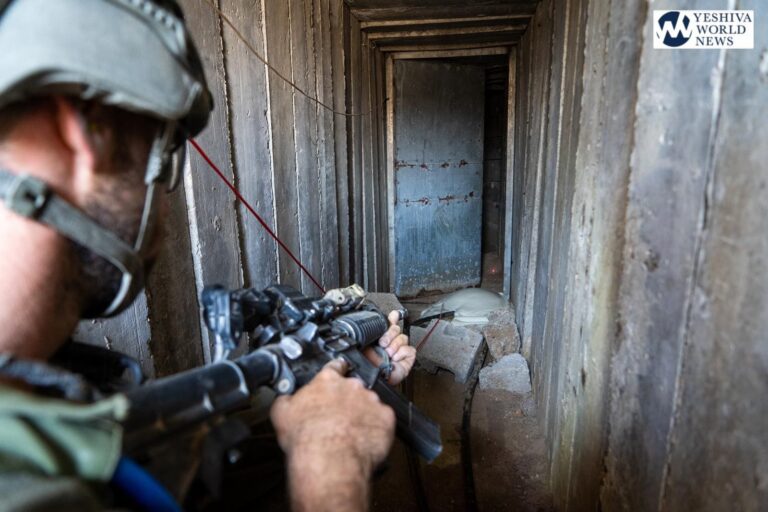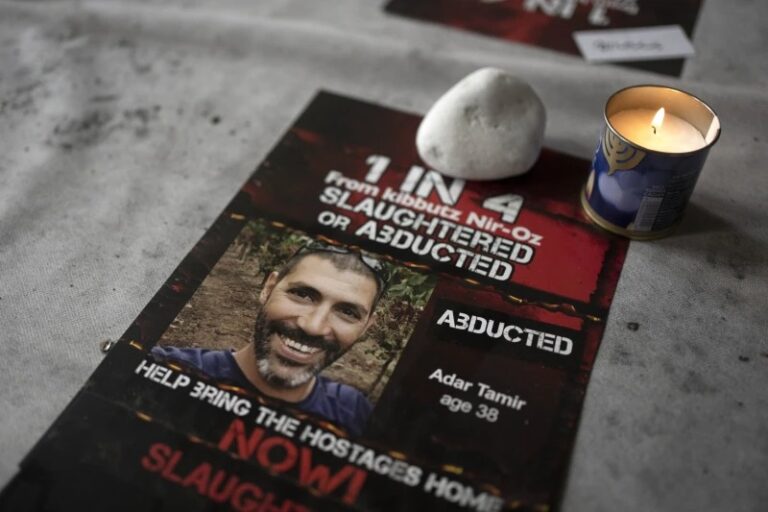Britain’s Cabinet gave Prime Minister Theresa May the green light Thursday to join the United States and France in planning possible military strikes in response to an alleged chemical weapons attack in Syria.
But the Cabinet’s call for “action” to prevent further use of chemical weapons included no details on the method or timing of such strikes, while leaving open the possibility of other responses.
Senior government ministers were summoned back from a spring break to discuss the attack last week in Douma, which has sparked a tense confrontation between Western nations and Syria and its allies, led by Russia.
After meeting for more than two hours, the Cabinet backed May’s plan to work with the U.S. and France “to coordinate an international response.”
May’s office said in a statement that the Cabinet judged it “highly likely” the government of Syrian President Bashar Assad was behind the chemical attack last weekend in the town of Douma. Syrian opposition activists and rescuers said more than 40 people were killed.
The British leader’s office said Cabinet ministers “agreed on the need to take action to alleviate humanitarian distress and to deter the further use of chemical weapons by the Assad regime.”
The U.S., France and Britain have been consulting about launching a military strike, but the timing and scale of any action remain unclear.
President Donald Trump tweeted Wednesday that missiles “will be coming.” On Thursday, Trump tweeted that an attack “could be very soon or not so soon at all!”
Britain’s Ministry of Defense refused to comment on reports that Royal Navy submarines armed with cruise missiles have been dispatched into range of Syria.
British opposition lawmakers have called on May to give Parliament a vote before any military action. May isn’t legally required to do that, though it has become conventional since the 2003 invasion of Iraq for lawmakers to be given the chance to vote before British forces are deployed.
Parliament is in recess until Monday, though it could be called back early for an emergency debate.
Ian Blackford, who heads the Scottish National Party group in Parliament, said May “presides over a minority government that has no majority or mandate for military action, and there must be no attempt to bypass Parliament.”
There is no guarantee lawmakers would rubber-stamp a decision for military strikes. In 2013, Parliament defeated a call by then-Prime Minister David Cameron for airstrikes in response to an earlier chemical attack in Syria.
In 2015 lawmakers approved U.K. strikes on Islamic State group targets in Syria, but not on government forces.
Brexit Secretary David Davis, who voted against military action in 2013, said “we’ve got to make this judgment on a very careful, very deliberate, very well thought-through basis, knowing exactly … how strong the evidence is.”
(AP)







One Response
Sounds pretty serious!!!!